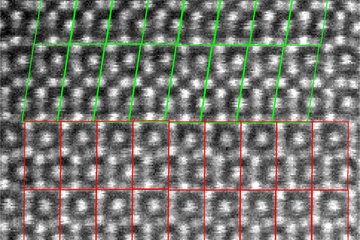All genres
1.
Journal Article
Metallic, oxygen-containing reaction products after polarisation of iron in H2S saturated saline solutions. Corrosion Science 98, pp. 725 - 736 (2015)
2.
Conference Paper
Sour corrosion – Investigation of iron sulfide layer growth in saturated H2S solutions. In: Proceedings of the European Corrosion Congress EUROCORR. European Corrosion Congress EUROCORR 2014, Pisa, Italy, September 08, 2014 - September 12, 2014. (2014)
3.
Talk
Sour corrosion – Investigation of iron sulfide layer growth in saturated H2S solutions. European Corrosion Congress EUROCORR 2014, Pisa, Italy (2014)
4.
Poster
Sour corrosion – Investigation of anodic iron sulfide layer growth in saturated H2S saline solutions. Gordon Research Conference-Aqueous Corrosion, New London, NH, USA (2014)
5.
Poster
Sour corrosion – Investigation of anodic iron sulfide layer growth in saturated H2S saline solutions. Gordon Research Seminar-Aqueous Corrosion, New London, NH, USA (2014)
6.
Thesis - Bachelor
Elektrochemische Untersuchung von Eisen im Schwefelwasserstoff gesättigten Elektrolyten. Bachelor, Faculty of Chemistry, Niederrhein University of Applied Sciences (Hochschule Niederrhein), Krefeld, Germany (2013)











